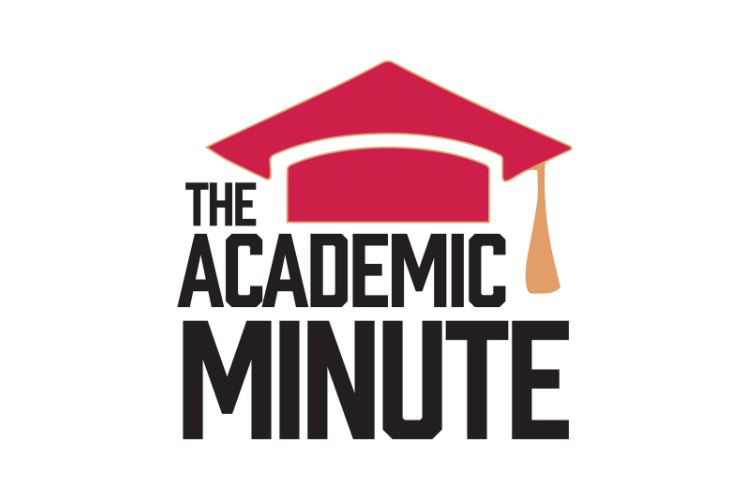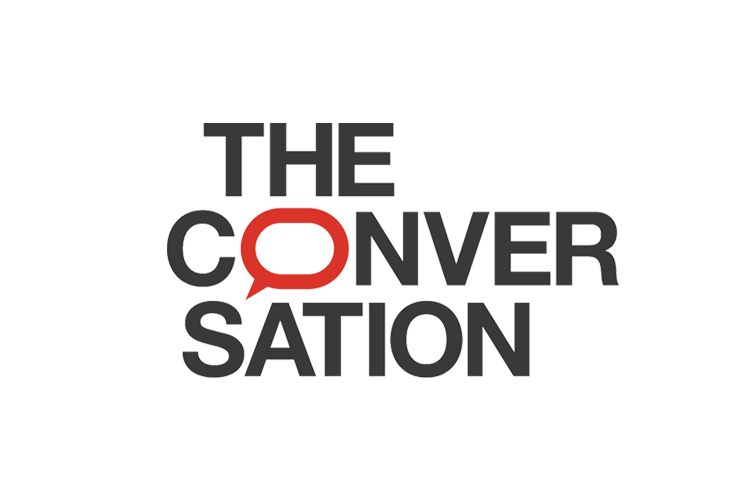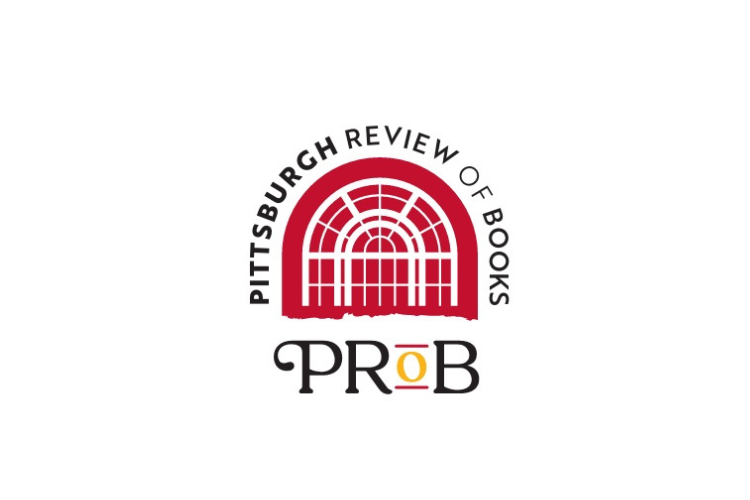
The Office of Public Scholarship helps WashU scholars translate research and creative work for audiences beyond the university.
We offer workshops and one-on-one consultations to support WashU scholars. We work with projects at all stages — from brainstorming ideas to tracking impact.
| Book support | |
| Articles | |
| Audio & video | |
| Trade exposure | |
| Collaborations | |
| Career support |

Faculty support
Amplify your expertise.
Connect with a wider audience.
We help faculty transform their research into public-facing books, secure high-profile article placements, and create engaging audio and video content.

Graduate students
& postdocs
Boost your early-career trajectory.
Interested in sharing your research with a general audience? We help graduate students and postdocs develop essential early-career skills and discover impactful public-facing opportunities.
Recent highlights
Trump’s National Guard deployments reignite 200-year-old legal debate over state vs. federal power
Andrea Katz

As scholars we often focus on generating new knowledge without always knowing how to bring that insight into the public sphere. Seeing our work reach readers beyond the narrow confines of academic journals has renewed my sense of the impact that scholarship can have on the world.”
Peter Boumgarden, PhD; Koch Professor of Practice for Family Enterprise at Olin Business School
Meet with Us
Schedule a one-on-one consultation to discuss your project or work.


